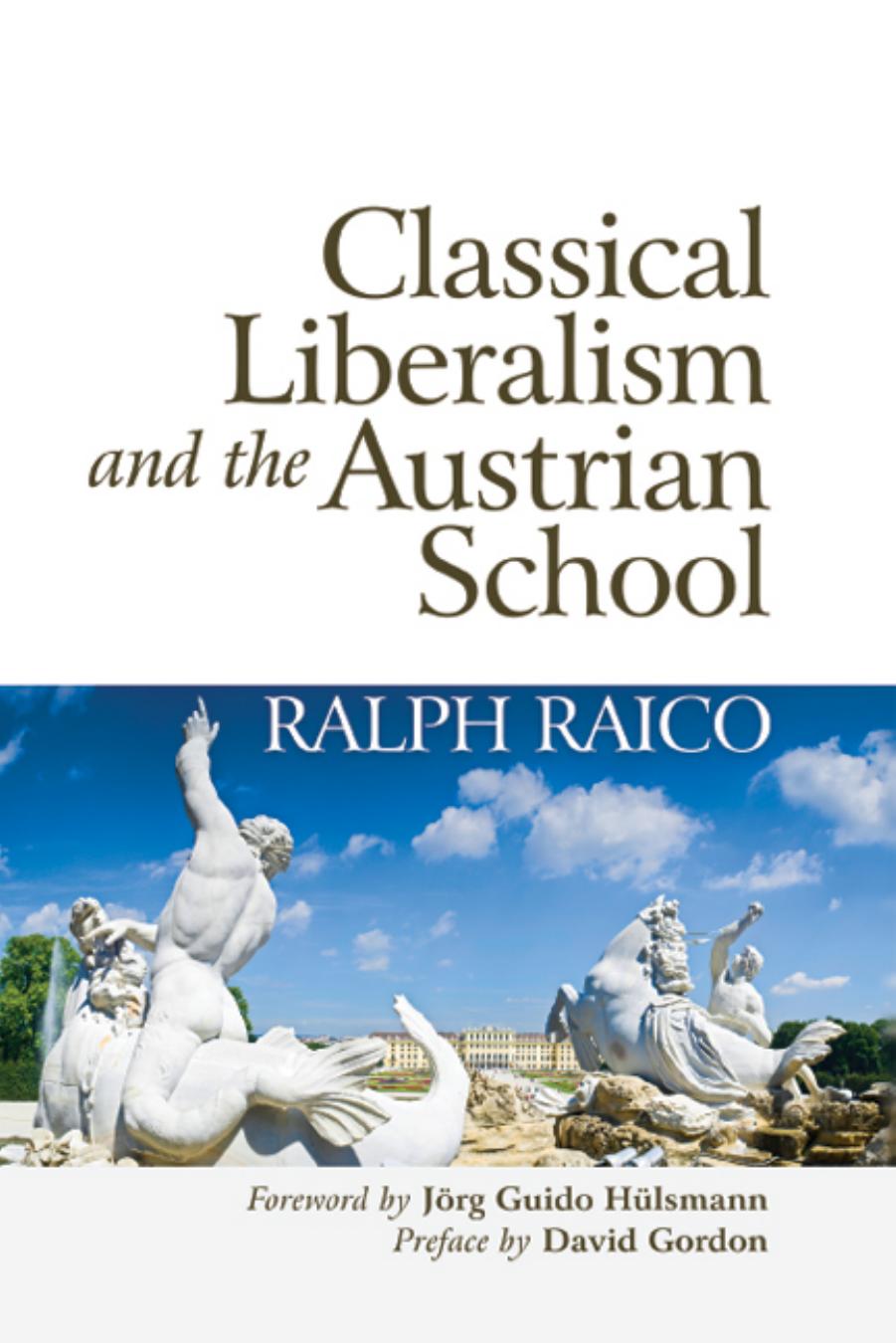Classical Liberalism and the Austrian School by Ralph Raico

Author:Ralph Raico [Ralph Raico]
Language: eng
Format: epub, mobi, pdf
ISBN: 978-1-61016-554-9
Publisher: Ludwig von Mises Institute
Published: 2007-03-23T16:00:00+00:00
The Hatred of Money
What explains Keynes’s praise for the Webbs’ book and the Soviet system? There can be little doubt that the major reason is, once again, his deep-seated aversion to profit-seeking and moneymaking, an attitude shared by the Fabian couple.
According to their friend and fellow Fabian, Margaret Cole, the Webbs looked on Soviet Russia as, morally and spiritually, “the hope of the world” (Cole 1946: 198). For them, “most exciting” of all was the role of the Communist Party, which, Beatrice held, was a “religious order,” engaged in creating a “Communist Conscience.” By 1932, Beatrice could announce that: “It is because I believe that the day has arrived for the changeover from egotism to altruism—as the mainspring of human life—that I am a Communist” (cited in Nord 1985: 242–44). In Soviet Communism, the Webbs gush over the replacement of monetary incentives by the rituals of “shaming the delinquent” and Communist self-criticism (Webb and Webb 1936: 761–62). Up to the very end of her life, in 1943, Beatrice was still lauding the Soviet Union for “its multiform democracy, its sex, class, and racial equality, its planned production for community consumption, and above all its penalization of the profitmaking motive” (Webb 1948: 491). And, after her death, Keynes eulogized her as “the greatest woman of the generation which is now passing.”34
Like the Webbs, Keynes identified religiosity with the individual’s self-abnegation for the good of the community. In economic terms, this translated into working for non-pecuniary rewards, in this way transcending the sordid motivation of “nine-tenths of the activities of life” in capitalist societies. For Keynes, as for the Webbs, this was the essence of the “religious” and “moral” element they detected and admired in Communism.
In his passion to malign moneymaking, Keynes even resorted to calling on psychoanalysis for support. Fascinated like most of the Bloomsbury circle by the work of Sigmund Freud, Keynes valued it above all for the “intuitions” which paralleled his own, especially on the significance of the love of money. In his Treatise on Money, Keynes refers to a passage in a 1908 paper by Freud, in which he writes of the “connections which exist between the complexes of interest in money and of defaecation” and the unconscious “identification of gold with faeces.” (Freud 1924: 49–50; Keynes 1971b: 258 and n. 1; Skidelsky 1992: 188, 234, 237, 414).35 This psychoanalytical “finding”—by the man Vladimir Nabokov correctly identified as the Viennese Fraud—permitted Keynes to assert that love of money was condemned not only by religion but by “science” as well. Thus, besides constituting “the central ethical problem of modern society” (cited in O’Donnell 1989: 377, n. 14), the preoccupation with money was also a fit subject for the alienist.
Keynes looked forward to the time when the love of money as mere possession “will be recognized for what it is, a somewhat disgusting morbidity, one of those semi-criminal, semi-pathological propensities which one hands over with a shudder to the specialists in mental disease” (Keynes 1972: 329). Sad to say, in
Download
Classical Liberalism and the Austrian School by Ralph Raico.mobi
Classical Liberalism and the Austrian School by Ralph Raico.pdf
This site does not store any files on its server. We only index and link to content provided by other sites. Please contact the content providers to delete copyright contents if any and email us, we'll remove relevant links or contents immediately.
The remains of the day by Kazuo Ishiguro(8997)
Tools of Titans by Timothy Ferriss(8393)
Giovanni's Room by James Baldwin(7345)
The Black Swan by Nassim Nicholas Taleb(7128)
Inner Engineering: A Yogi's Guide to Joy by Sadhguru(6792)
The Way of Zen by Alan W. Watts(6614)
The Power of Now: A Guide to Spiritual Enlightenment by Eckhart Tolle(5781)
Asking the Right Questions: A Guide to Critical Thinking by M. Neil Browne & Stuart M. Keeley(5772)
The Six Wives Of Henry VIII (WOMEN IN HISTORY) by Fraser Antonia(5514)
Astrophysics for People in a Hurry by Neil DeGrasse Tyson(5189)
Housekeeping by Marilynne Robinson(4445)
12 Rules for Life by Jordan B. Peterson(4303)
Ikigai by Héctor García & Francesc Miralles(4273)
Double Down (Diary of a Wimpy Kid Book 11) by Jeff Kinney(4268)
The Ethical Slut by Janet W. Hardy(4251)
Skin in the Game by Nassim Nicholas Taleb(4248)
The Art of Happiness by The Dalai Lama(4130)
Skin in the Game: Hidden Asymmetries in Daily Life by Nassim Nicholas Taleb(4004)
Walking by Henry David Thoreau(3960)
